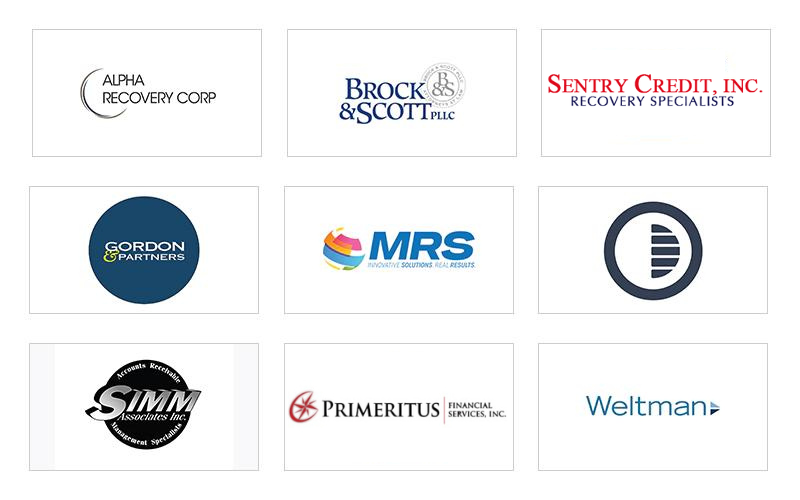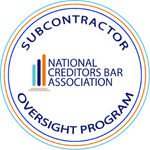5 Technologies That Can Help Mortgage Default Servicing Players Thrive in 2022
- December 14, 2021
- Category: Compliance Management

Recommended Reading
Amid rising compliance costs, dropping profit margins, inconsistent volume, and the current talent crisis, it has become harder for mortgage default servicing firms to sustain profitability and deal with an ever-mounting backlog of cases. However, the right combination of technologies can help firms overcome process-intensive challenges to achieve higher productivity and profit, despite current market and economic roadblocks.
While the talent crunch in the foreclosure space is quite evident, technology in the form of business process automation, SaaS-based compliance platforms, performance analytics, and centralized document management, like e-filing, can enable law firms to scale quickly and do more with fewer resources. Let’s learn how – below are 5 technologies to keep an eye out for as we enter the new year.
1. Process automation and e-filing
Tasks that are usually done by paralegals, can sometimes be replaced with automated workflows. This way, transitions from one task to the next can be made with minimal human intervention. Not to mention, intelligent document processing and automated e-filing helps reduce manual errors and digitize traditionally labor-intensive and repetitive operations.
The result? Mortgage default servicing firms can do more with fewer resources, lowering internal operational costs by up to 35 percent. With legal process automation, you get to free your team to focus on casework rather than document review and processing.
Some of the things to automate can include communication scheduling or reminder programs, auto dialer programs, integrated payment options, and automatic scoring that makes it easy for foreclosure agencies to see which defaulter should be contacted first.
2. Automated, SaaS-based compliance management
Machine learning and natural language processing can help mortgage default servicing firms analyze unstructured data, process personal information, and ensure compliance. This explains why conventional, locally stored compliance systems that mortgage default servicing firms have been using for years need to be modernized to enable the automation of cumbersome compliance tasks and end-to-end data tracking.
With foreclosures currently witnessing a surge due to COVID mortgage bailouts ending, law firms currently urgently need to train and re-certify new and returning staff with updated SOPs that align with the upcoming Reg F and other applicable regulatory rules. An automated, SaaS-based compliance management system such as IPACS® can help law firms ramp up compliance training and store SOP manuals in the centralized location for the entire organization.
3. Big data analytics
Being fully aware and having a 360° view of the defaulters must be part of any road map for successful foreclosure. To access all mortgage information, it is essential to give paralegals the right technology.
With big data analytics, it is possible to acquire and segregate data with laser-sharp focus. Using big data analytics can not only increase your recovery but can also lower your overhead costs. Because big data analytics can help you analyze huge amounts of data all at once, you greatly decrease the odds of inconsistent data. The result? You end up formatting your foreclosure strategy to see a jump in account liquidations in addition to a drop in pre-judgment and post-judgment costs.
4. Predictive Analytics
Predictive analytics (PA) clubs various techniques like data mining, machine learning, artificial intelligence, and statistical modeling to predict the future likelihood of case closure. You can forecast or calculate the resolution time with predictive models, varying from defaulter scorings to models that predict resolution patterns. Predictive analytics can also help to prioritize the defaulters who are more likely to settle their dispute earlier. This way, rather than blindly targeting any and every defaulter, you instead look at predictive models to increase your case volume.
5. Intelligent virtual assistants
Artificial Intelligence has moved forward so quickly that it is now possible to ‘hire’ a machine-based virtual assistant as opposed to a human virtual assistant. In other words, AI assistants can support foreclosure agents in the process to make the process more efficient. Virtual assistants can also deal with outbound dialing, communicating with defaulters to gather their payment information while setting up payment arrangements, and more.








